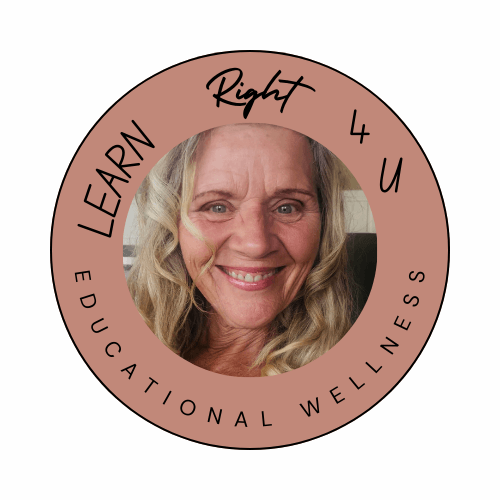
My Child Was Just Diagnosed With Dyslexia and Dysgraphia —

What Do I Do Next?
When you first hear the words dyslexia or dysgraphia connected to your child, it can feel overwhelming. Maybe you’re wondering:
- “Does this mean my child isn’t smart?”
- “Will school always be a struggle?”
- “What should I be doing right now to help?”
Take a breath. Here’s the truth you need most: your child is not broken.
They don’t need to be “fixed.” They simply learn differently. And with the right tools and support, they can thrive — both in school and in life.
They Are Not Broken — They Are Brilliant
Children with dyslexia and dysgraphia often show strengths that go far beyond reading and writing. They are often:
- Creative and inventive.
- Big-picture thinkers.
- Curious and full of ideas.
- Resilient problem solvers.
The diagnosis isn’t a limitation — it’s a roadmap. It helps you understand why worksheets, spelling tests, and handwriting might have been so hard. Now, you can meet your child where they are and give them what they truly need.
Trust Your Gut — You Know Your Child Best
No one spends more time with your child than you do. You see their tears, their effort, their spark of brilliance. That makes you the best guide in their education journey.
If something doesn’t feel right in their schooling, trust your instincts. If your child needs more time, more review, or a different approach — you’re allowed to say so.
Why a Different Approach Works
Traditional teaching doesn’t always work for kids with dyslexia or dysgraphia. These children need:
- Multi-sensory learning (see it, hear it, say it, move it).
- Structured lessons (clear step-by-step sequence).
- Cumulative practice (building on what’s already learned, with lots of review).
For example, instead of just reading the word cat silently, your child might:
- Trace the letters in the air.
- Clap the sounds: /c/ /a/ /t/.
- Build the word with letter tiles.
- Act it out with movement.
This “see it, say it, do it” method lights up more parts of the brain, helping information stick.
The Gut-Brain Connection
Here’s something most parents don’t hear: learning isn’t just about the brain — it’s also about the body.
Food, sleep, movement, and environment all impact how well your child can focus and learn.
- A tired brain struggles to concentrate.
- A sugar-crashing brain has trouble with memory.
- A restless body needs to move before it can settle down to read.
Start small: add a movement break before homework, make sure bedtime is consistent, or swap one sugary snack for something with protein. Tiny steps add up.
Start Where They Are
This is one of the most important lessons: age or grade level isn’t the starting point — their skill level is.
If your child is 10 but still needs practice with letter sounds, you start with letter sounds. Success builds confidence. Confidence fuels progress.
Practical Steps You Can Try This Week
Here are some simple, fun ways to help at home:
- Write words in sand, shaving cream, or with chalk outside.
- Use Legos, Scrabble tiles, or magnets to build words.
- Clap or stomp out syllables in new words.
- Jump once for every sound in a word.
- Use toys to act out addition or subtraction problems.
Choose just one to try this week. Keep it short, fun, and positive.
Encourage With Your Words
Confidence matters as much as academics. Tonight, tell your child one of these truths:
- “Your brain is wired differently, and that makes you special.”
- “You are smart, even if reading feels hard right now.”
- “I love how creative you are.”
Your words will help them build the story they tell themselves about learning.
Where to Go From Here
Look for programs that are:
- Structured
- Multi-sensory
- Cumulative
One option is the Learn Right 4U Language Program — a complete multi-sensory language program that covers reading, spelling, writing, vocabulary, sequencing, memory, and visual tracking, all in a step-by-step order.
But no matter which path you choose, remember:
- Your child is not broken.
- You know them best.
- With the right support, they will thrive.
✨ You are your child’s best advocate. Trust yourself. Celebrate their strengths. And take one small step at a time.
Love what you read here Subscribe for Blog update!
Follow me on social.
Facebook
Instagram
linkin
Need just to talk about it, book a 30 min consult FREE



















0 Comments